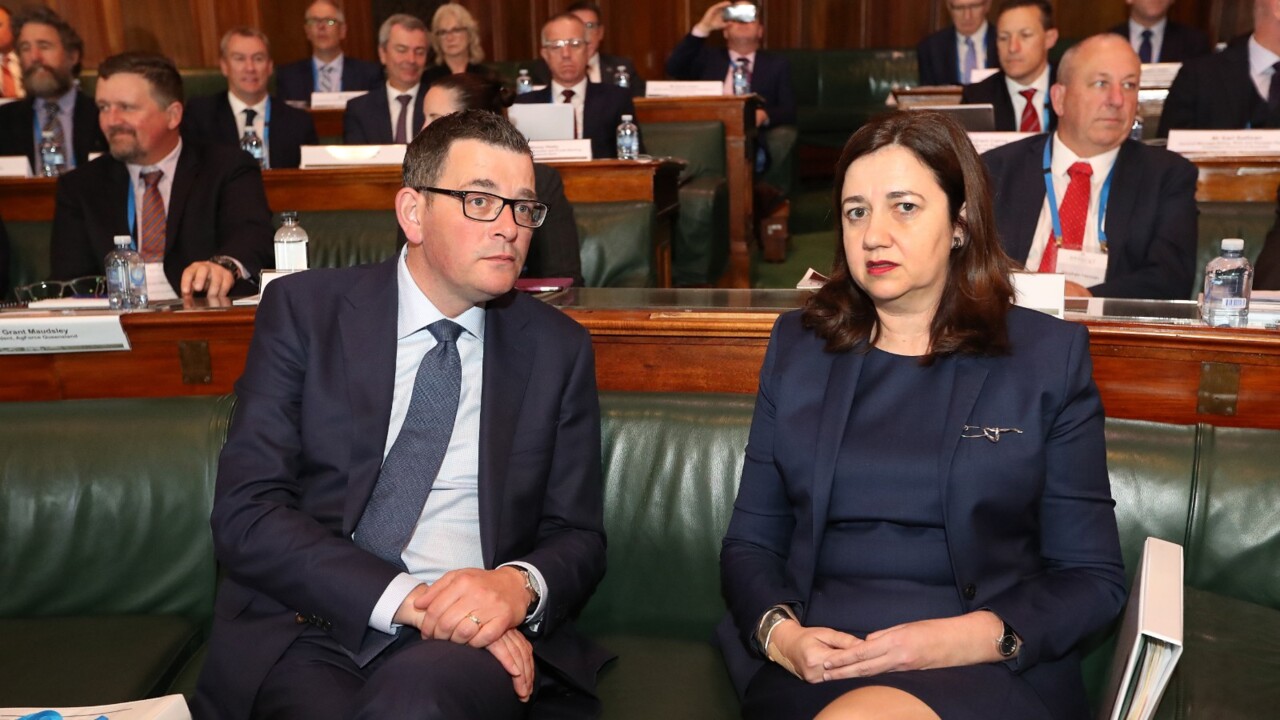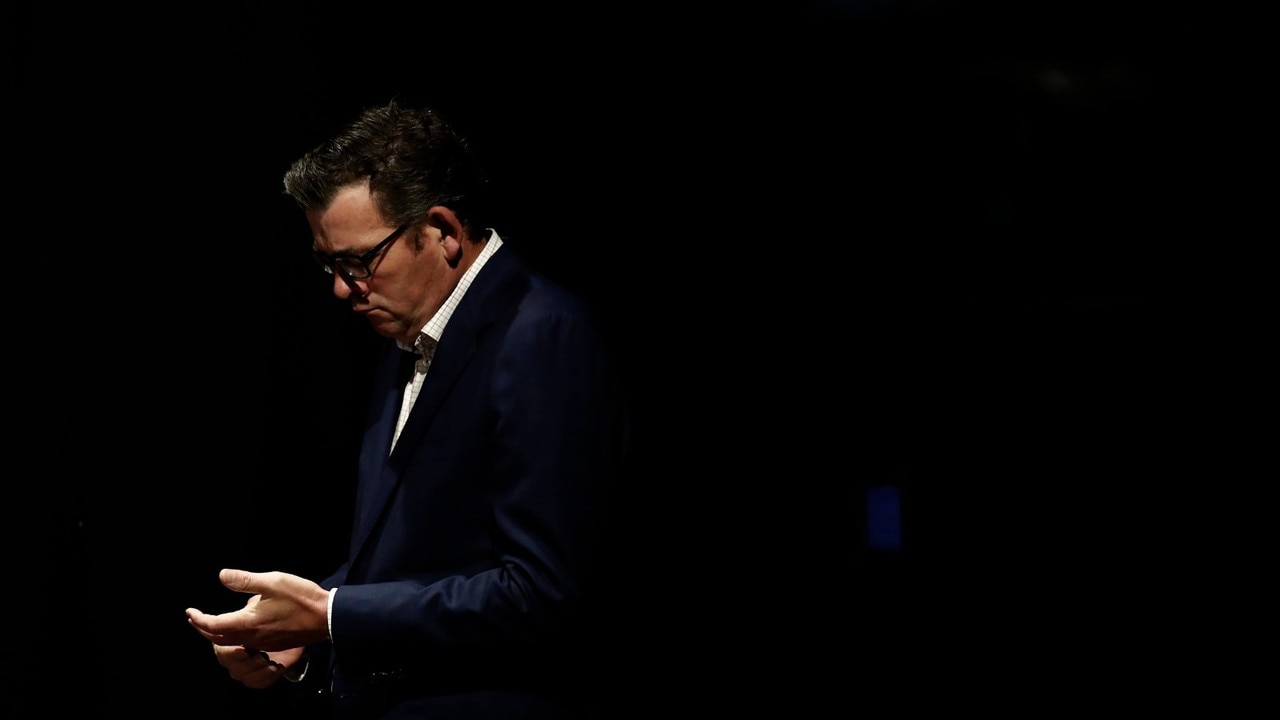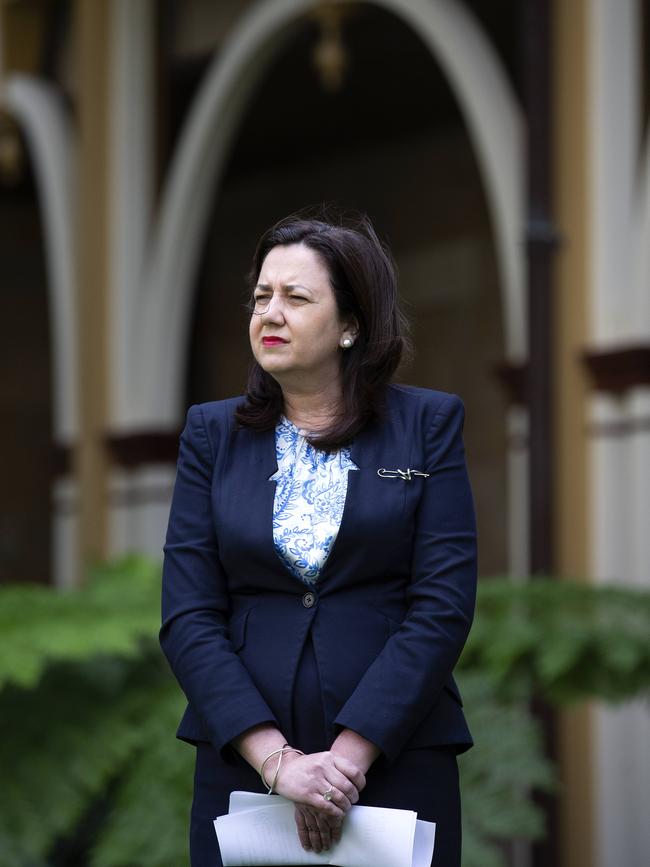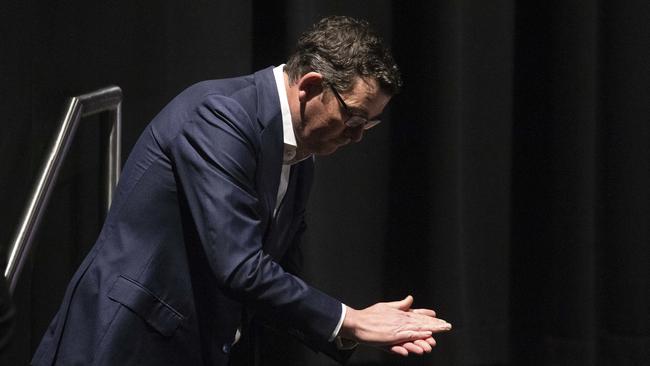

Of course, unlike Antigone — who, in Sophocles’s tragedy, refuses to obey the order given by Creon, the recently crowned king of Thebes, to let the body of her brother, who died a traitor, rot in the open, where it will be consumed by vultures, wolves and rats — Caisip did not breach the prohibition, much less face horrendous punishment for doing so.
But no one expressed better than Sophocles the clash between the demands of the state on the one hand, and the human imperative to properly honour the death of those we love on the other.
Despite his apparent indifference to Antigone’s sense of duty, Creon, as Sophocles portrays him, was neither a tyrant nor a monster. Rather, at least initially, he simply believed in the need to respect the rules, because the failure to do so could lead to even more suffering than the pain they cause.
And since time immemorial, Thebes law, like that of the other Greek city-states, had condemned traitors to the humiliation and torment of being denied the funeral rites.
The fact that violating that law might pollute the polis, rekindling the devastating plague which destroyed the reign of Creon’s predecessor, Oedipus, only made the stakes all the greater.

Yet faced with mounting pressure to relent — and to respect Antigone’s appeal to a moral law, even higher than the city’s, which, in the name of piety and fidelity, obliged her to ensure and attend the decent burial of her beloved brother — Creon showed himself to be supremely political, imbued with the cynicism and casual ruthlessness of those whose craft is power.
Fearing that making concessions under pressure would compromise his authority, and with it his grasp on the throne, he took refuge behind the rules, which, far from reducing cruelty, served only to redirect and formalise his ferocity.
When he ultimately told Antigone — in refusing to compromise — that “You may love the dead and die, I live for life”, the future he was protecting was really his own, not that of Thebes’s citizens. And while he could claim, with some validity, to have restored security and preserved the city’s health, the moral nihilism into which he descended could only survive amid the ruins and debris of Thebes’s spiritual fabric.
None of that means that Creon lacked popular support. On the contrary, in Jean Anouilh’s masterly retelling of Antigone — which the French playwright composed in the closing days of World War II — Creon, who seized the day, made the hard decisions and trounced his opponents, unceasingly manipulating those he referred to as the “brutes that I govern”.

As things turned out, with the threat of pestilence still looming, the plebs were scarcely interested in ethical dilemmas, so long as their own concerns were met. Even more importantly, Creon’s tough stance entrenched and emboldened the city’s ubiquitous guards, who emerged from Anouilh’s retelling of the tragedy as its greatest, if not only, winners.
At the end of the day, it was the thugs and cronies who profited, while Antigone, whose spirit was doomed to wander forever without finding peace, met her fate.
There are, in the story of Antigone, truths that have given it almost unique resonance over the millennia, with a recent study identifying more than 100 significant adaptations and variations of Sophocles’s account in 20th century literature alone.
Almost all of those, Maria de Fatima Silva finds, are set in long-established dictatorships; but now the truths Sophocles’s story tells seem to be playing themselves out on our shores.
It is not simply the appalling heartlessness that was shown to Caisip — who could, for example, have been required to attend her father’s funeral wearing personal protective clothing — which is at issue here.

Rather, with Annastacia Palaszczuk exploiting the threat of contagion to prevent Scott Morrison, who is very popular in Queensland, entering the state during its election campaign, and Daniel Andrews doing whatever he can to avoid public accountability and shield his own guards from the scrutiny they need and deserve, we face a plague of petty Creons, drenched in the moral nihilism that distinguishes the breed.
There is, for sure, a chance that they will succeed; the gods, who in Greek tragedy could always be counted on to mete out harsh justice, having long left the scene, little stands between us and the ancients’ presumption, amply justified by every page of political history, that some agents of government will use all the scope they have to entrench their position — including by acting brutally and immorally — unless they are prevented from doing so.
With the crisis removing many of those constraints, our democracy appears to have slipped closer to the edge of the precipice than one might have thought possible. And while it may be that we will edge back once the crisis abates, it is surely critical to revisit the lessons liberalism’s greatest thinkers drew in reflecting on the Sophoclean drama.

Judith Shklar, the Harvard professor whose lectures on Antigone and political obligation were recently published posthumously, captured them brilliantly. The liberalism we inherited from the 19th century, she wrote, was a “liberalism of hope” — the hope, most of all, that one could create the basis for human flourishing.
But these dark times, which offer so much room for manipulation and deceit, demand a renewed emphasis on the “liberalism of fear” that instead of concentrating on how to bring about the greatest good, focuses on averting the greatest ills.
Rather than striving for the utopian perfectibility of mankind, the liberalism of fear seeks to limit the damage, so that we can feel free because the government does not, indeed cannot, terrorise us — be it by handcuffing pregnant women for organising innocent protests or by denying to grieving families the solace of farewelling the dead.
In Australia, we have always assumed that those freedoms were so deeply rooted in custom and culture as to be inextinguishable. Today we realise otherwise.
But we also realise there are no simple, much less foolproof, recipes that can balance the need for governments that are effective, even in crises, with the absolute imperatives of liberty.
That is the debate we must have in the months ahead. The alternative is yet more Creons, with all their ambition and venom, in an Australia that seems as remote from what we know and cherish as Antigone’s wandering and inconsolable ghost.




Almost 2500 years after it was first performed, Sophocles’s Antigone has seemed more relevant — ever since Queensland refused Sarah Caisip, a 26-year-old Canberra-based graduate nurse, permission to attend her father’s funeral.